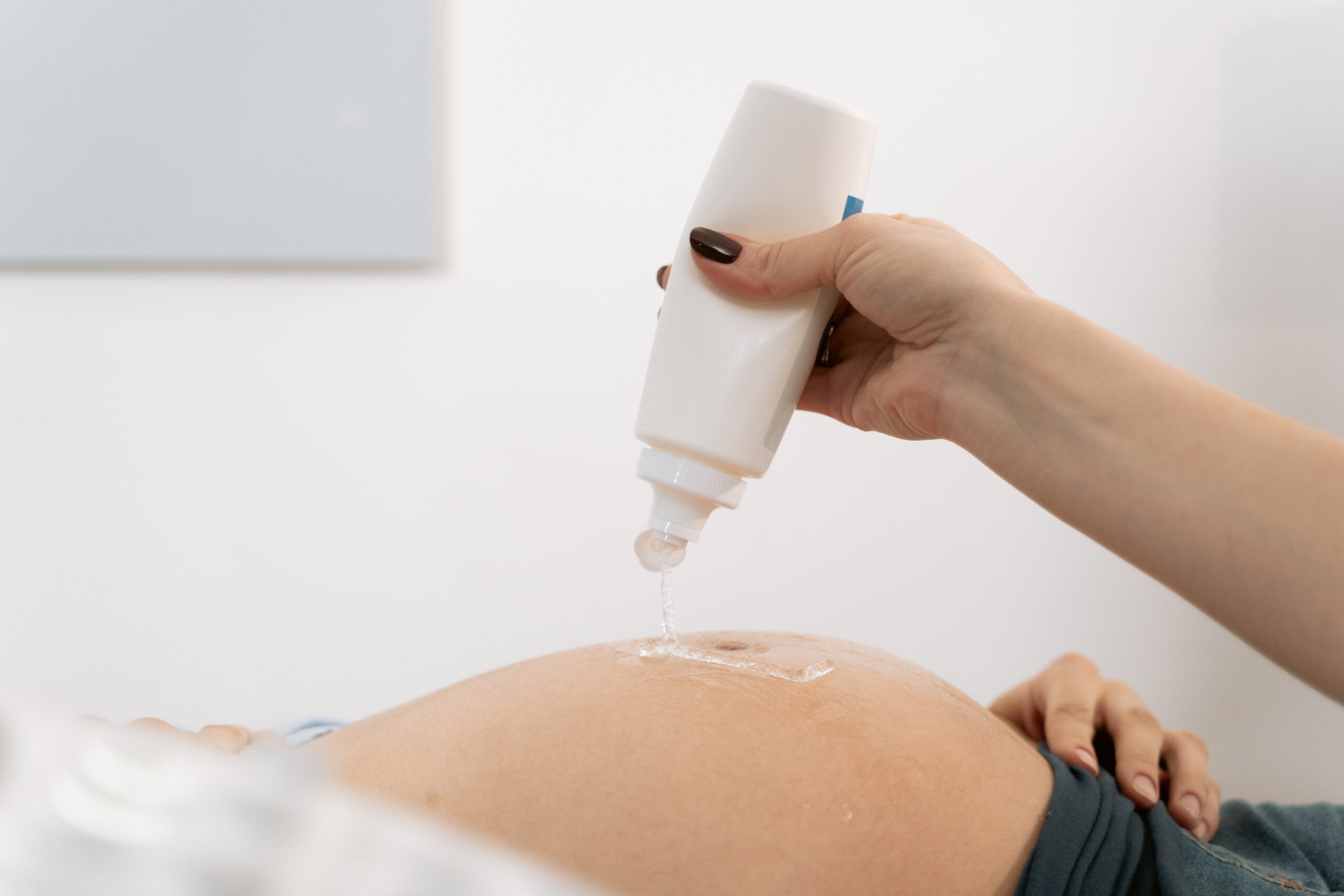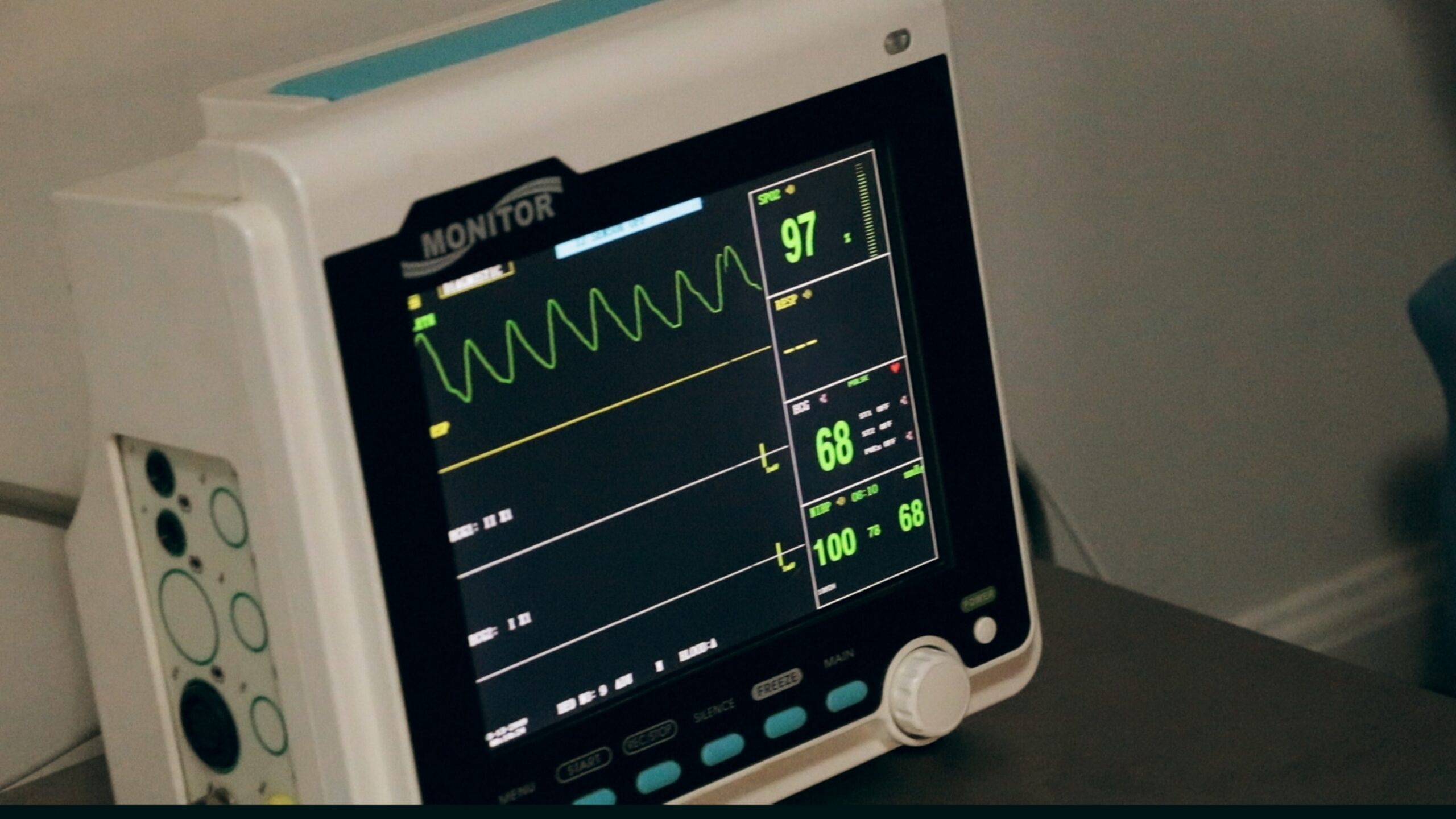
Top 10 Fetal Death Causes in Virginia
Fetal death is tragic and occurs when a fetus dies in the uterus before the baby is delivered. A fetal death is the loss of a fetus after 20 weeks of pregnancy. Unfortunately, fetal death affects approximately 1 in 175 births and can be caused by various factors. Some of these factors are preventable through observation and treatment by medical professionals.
There are several common causes of fetal death, including:
- Placenta problems: The placenta is vital during pregnancy because it connects the fetus to the mother’s uterine wall. A problem with the placenta can lead to a lack of oxygen and nutrients in the fetus, which can cause fetal death.
- Infections: Mothers can pass infections on to the fetus through the placenta. Failure to adequately treat a mother’s infection can cause fetal death.
- Umbilical cord problems: The umbilical cord connects the fetus to the placenta in the mother’s uterus. The umbilical cord is essential in providing the fetus with oxygen and nutrients. When there are umbilical cord problems, the fetus may be deprived of necessary oxygen, leading to death.
- Trauma: Unfortunately, when the mother experiences trauma such as a slip and fall, car crash, or physical assault, it can lead to the fetus’s death.
- Mother’s medical conditions: When a mother has compromised health due to diabetes and hypertension, it can lead to fetal death. A mother’s health can affect the health of the developing fetus. If something is wrong, including, but not limited to, preeclampsia and gestational diabetes, the mother and her doctor need to address it to avoid affecting the fetus.
- Chromosomal abnormalities: Abnormalities can occur during egg fertilization or in the early stages of fetal development. Chromosomal abnormalities can result from genetics and exposure to chemicals or radiation. Abnormalities can lead to fetal death.
- Congenital anomalies: Sometimes, a baby does not develop enough or has anomalies like heart or brain defects that do not allow the baby to develop, causing fetal death.
- Maternal age: Women above the age of 35 have a higher risk of issues during their pregnancy. The risks of having a child above the age of 35 include chromosomal abnormalities, gestational disabilities, and hypertension, which can all lead to fetal death.
- Multiple fetuses: When someone has twins, triplets, and beyond, there is an increased risk of fetal death. In some cases, one fetus may receive more blood flow from the placenta than the other fetuses, resulting in fetal death in one or all of the fetuses.
- Maternal drug use: Using drugs during pregnancy may lead to severe problems for the fetus, including fetal death.
During pregnancy, your healthcare providers should monitor you and your fetus. That level of monitoring should increase if the pregnancy is at a higher risk. If a doctor fails to provide reasonable and prudent care and causes fetal death, it can lead to a viable medical malpractice claim. If you experienced this type of fetal loss, you may be entitled to pursue compensation through a claim with the doctor’s malpractice insurance or a lawsuit.
Contact Us for Help
At Strickland, Diviney, and Segura, we understand how traumatizing and painful experiencing a fetal loss can be for a family. You deserve justice if your child died because of someone else’s negligence. Our experienced legal team will fight for you to get justice for your loss.
Our skilled and knowledgeable trial attorneys have helped clients get the compensation they deserve. To discuss your legal options and get the legal representation you need during this difficult time, contact our experienced attorneys at (540) 982-7787.






